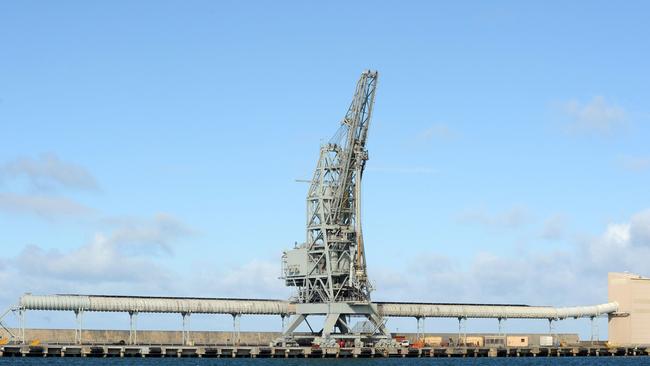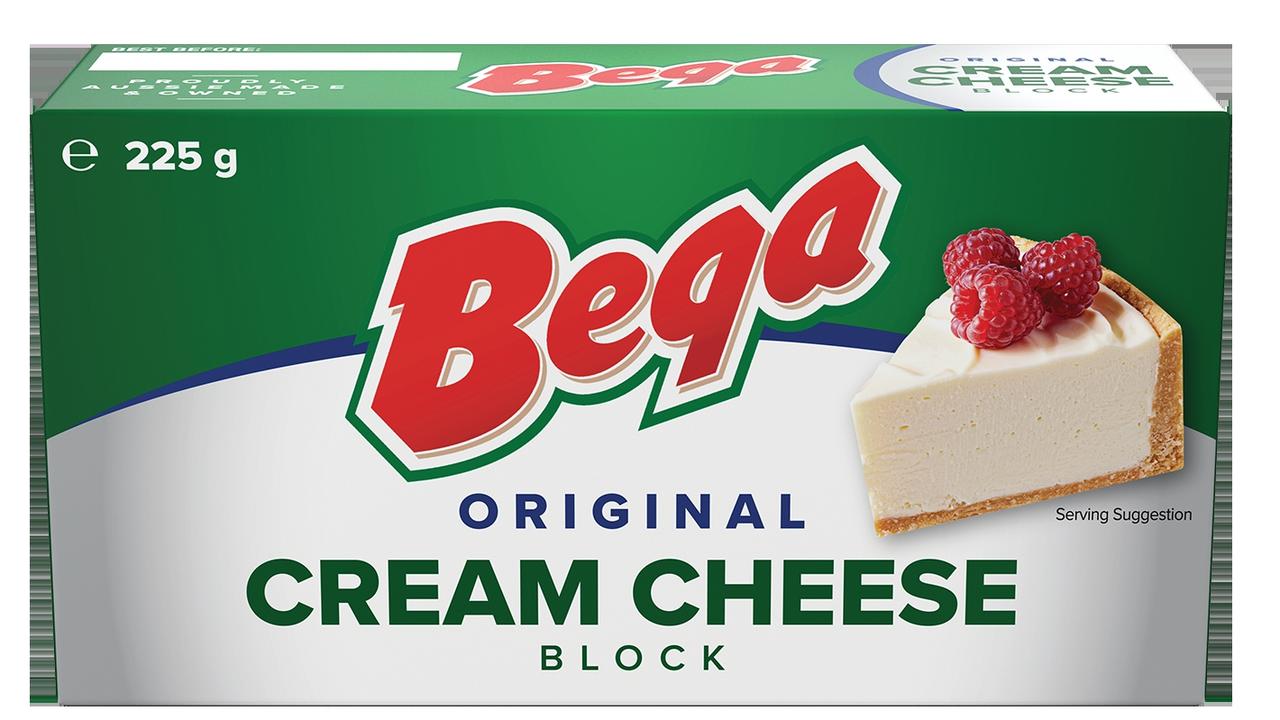Alcoa fields approach for Portland aluminium smelter
One year since the Victorian plant negotiated a job-saving power deal to keep it running until 2026, Alcoa is in talks to sell the major industrial operation.

Alcoa could finally be closing on a deal to sell its Portland aluminium operation in Victoria, with Dutch producer Aloft believed to be in talks over the acquisition of the smelter.
Local sources say the parties have not yet agreed to a price for the ageing facility, but Aloft is said to have been sounding out potential lenders for a facility that would allow it to buy out Alcoa Australia’s 55 per cent operating stake in the plant.
Portland has been on the subject of ongoing sale rumours since Russia’s invasion of Ukraine sent aluminium prices soaring in February.
The Australian’s DataRoom column first flagged a possible Portland transaction in April, when it reported a potential buyer had approached the federal government before the election to test the waters on support for a potential bid for the smelter.
The price of the industrial metal has since tumbled on fears that escalating inflation rates in developed nations, combined with China’s aggressive pandemic health strategy, could slow global growth and hurt demand for aluminium.
And while Alcoa locked in a new power supply deal for Portland in early 2021, including a federal government promise of cash from demand-side energy management programs, the energy crisis on the east coast of Australia will also have put significant additional pressure on Portland’s margins.
Alcoa announced in mid-2021 it was planning to restart idled capacity at Portland, returning another 35,000 tonnes of mothballed production lines to the market, taking its planned output to 95 per cent of its nameplate 358,000 tonne a year capacity.
But Aloft’s management may not be deterred by short-term issues surrounding costs and pricing at Portland, given they have extensive experience in running an ageing smelter in a difficult cost environment.
Aloft is the product of a management buyout of the Aldel aluminium smelter in the Netherlands, bought from US private equity fund York Capital in November 2021, shortly after the company was forced to curtail production from the smelter over high energy prices.
At the time local media reports indicated the buyout saved the smelter from a third bankruptcy protection process in seven years. York bought the asset from the most recent of those in 2017.
Aloft says Aldel has the capacity to produce up to 155,000 tonnes of aluminium a year, after York spend about €70m refurbishing its production lines.
Aldel has offtake agreements with mining and trading giant Glencore, also rumoured to have been looking over Portland earlier this year.
Portland’s ownership is a critical issue not just to the thousands of workers and suppliers to the western Victoria plant, but also to the stability of the National Energy Market, given the smelter is Victoria’s single biggest user of power, worth about 10 per cent of the state’s total electricity consumption.
Alcoa Australia – itself partly owned by ASX-listed Alumina Ltd – owns 55 per cent of Portland, with CITIC and Marubeni sitting as minority holders. Each owns about 22.5 per cent of the facility.
While soaring energy costs in Australia may be an issue for potential lenders to Aloft, the attraction of a diversification away from Europe would also be clear.
Local power costs may be high, but are likely to be a relatively short term factor compared to Europe’s structural energy problems in the wake of Russia’s invasion of Ukraine.
Macquarie analysts noted last week that the surge in European costs this year has forced the curtailment of about 17 per cent of Europe’s aluminium smelting capacity, outside of Russia, worth a combined 783,000 tonnes of annual production.
“The spike in energy price has made power the dominant cost for European aluminium smelters, securing a competitive power price has thus become the most decisive factor to them to maintain operation,” Macquarie said in a June 28 client note.
“In total, smelters that have announced production cuts in Europe had a total operating capacity of 1.48 million tonnes before curtailments. Smelters who have already announced capacity cuts seem at highest risk of further reductions due to surging energy costs.”
Aluminium prices peaked at close to $US4000 a tonne in early March, as Russia’s invasion of Ukraine sparked fears that international sanctions would hit Russian exporters and crimp global supplies of the industrial metal.
But prices have since been on a long slide on fears of a global recession, and were trading at levels closer to $US2350 on the London Metals Exchange this week.
Alumina shares closed up 3.4c, or 2.5 per cent on Monday, at $1.45.



